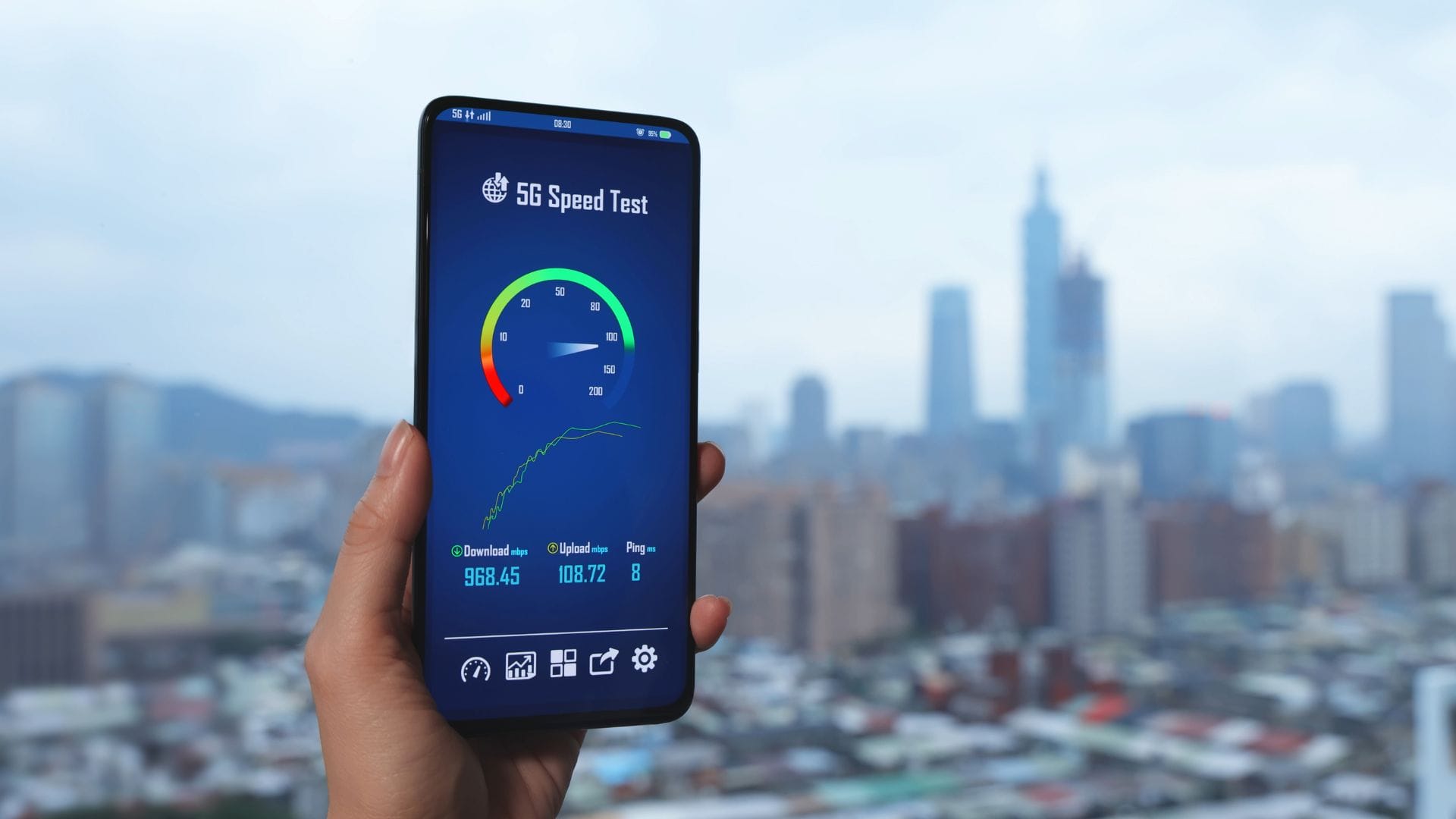Singtel dominates mobile speeds in Singapore
Singtel and MyRepublic top Ookla’s 2024 Speedtest Connectivity Report, offering Singaporeans faster and more reliable mobile and broadband internet.

Singapore’s mobile and internet services are getting faster, and Singtel and MyRepublic are leading the charge, according to Ookla’s 2024 Speedtest Connectivity Report. The report, which analysed data from July to December 2024, found that Singtel provided the fastest mobile speeds, while MyRepublic led in fixed broadband performance.
Singtel recorded a median download speed of 231.96Mbps and an upload speed of 23.72Mbps. This performance placed it well ahead of StarHub, which secured second place with a download speed of 102.92Mbps, followed by M1 at 94.66Mbps. In addition to speed, Singtel also offers the Best Mobile Gaming Experience and the Best Mobile Network Consistency in Singapore. Notably, 78% of its subscribers accessed its 5G network most of the time, reinforcing its dominance in mobile connectivity.
MyRepublic leads in broadband performance
In the fixed broadband category, MyRepublic secured the top spot with a median download speed of 362.34Mbps and an upload speed of 300.32Mbps. ViewQwest followed with a download speed of 336.92Mbps, while Singtel placed third at 332.19Mbps. This marks a significant improvement for MyRepublic, whose download speed increased by more than 100Mbps compared to previous results.
Furthermore, MyRepublic scored the highest in the Overall Connectivity Score category with 83.89 points, narrowly beating Singtel (82.72) and ViewQwest (82.6). This score reflects the overall fixed network experience, incorporating factors like Speed Score, Web Browsing, and Video Streaming performance.
Singaporeans benefit from improved internet speeds
While MyRepublic took the lead in broadband speed, Singtel was named the Most Consistent Fixed ISP with a consistency score of 93.4%, just 0.3% ahead of MyRepublic at 93.1%.
As Singapore moves towards 10Gbps home internet, competition among ISPs is expected to intensify. However, the biggest winners in this technological race are Singaporean consumers, who continue to enjoy faster and more reliable internet speeds.
















